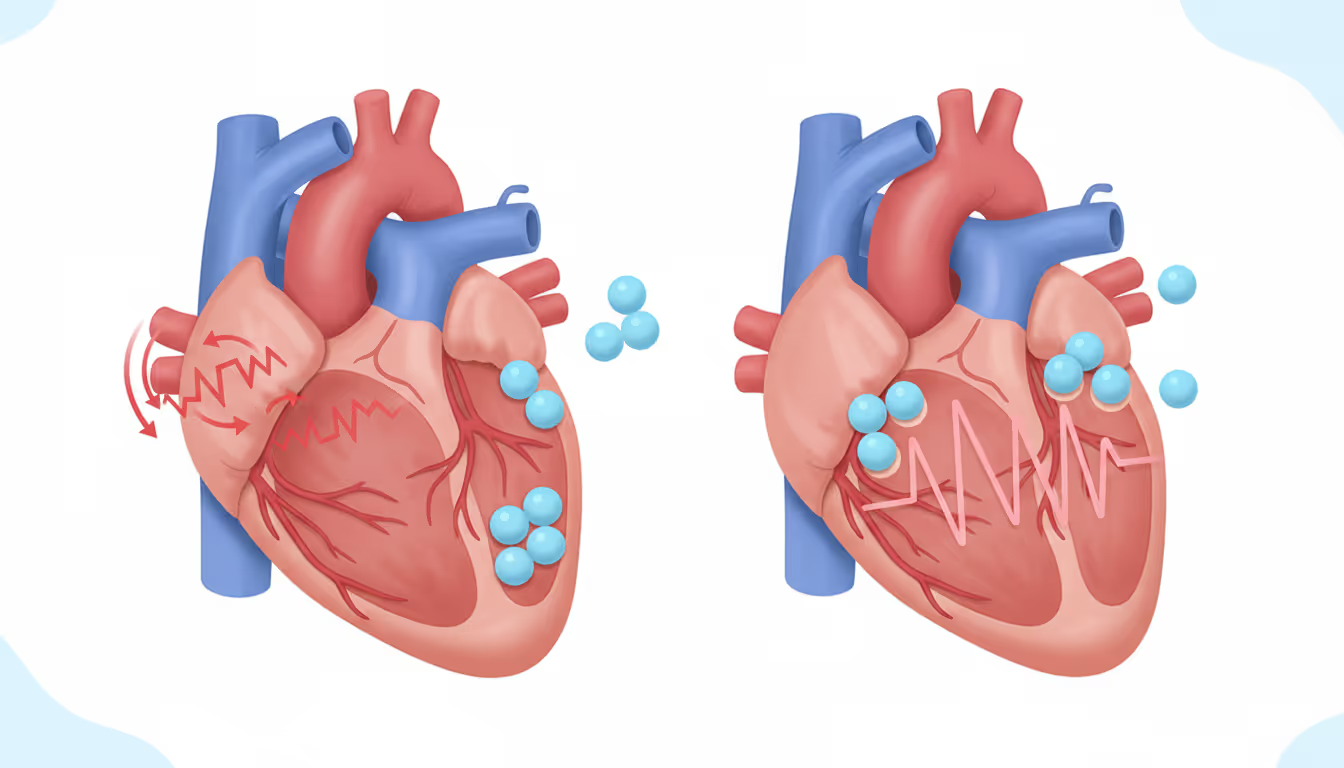
Beta blockers are a group of medications that inhibit the effects of beta-adrenergic substances, which are crucial to the sympathetic part of the nervous system. By blocking these effects on the heart, beta blockers help to slow down the heart rate and ease pressure on the heart. These drugs are commonly prescribed to manage irregular heart rhythms, particularly to prevent rapid heart rates (tachycardias) or irregular beats. Because they decrease the heart's oxygen demand, beta blockers are beneficial for treating certain heart conditions and have become vital in enhancing survival rates after a heart attack. Additionally, beta blockers help lower blood pressure due to their action on blood vessels, making them valuable in managing hypertension. They are also employed to prevent migraines and treat hereditary or essential tremors. In ophthalmology, beta blockers reduce intraocular pressure, thus protecting against optic nerve damage and vision loss in glaucoma patients. Some examples of beta blockers are acebutolol (Sectral), atenolol, bisoprolol (Zebeta), metoprolol (sold under brand names like Lopressor and Toprol XL), nadolol (Corgard), and timolol (Blocadren). For eye treatments, topical beta blockers include timolol solution (Timoptic) and betaxolol hydrochloride (Betoptic).




